Why Can't Anonymous Social Apps in North America Thrive Beyond Three Years?
![]() 08/28 2025
08/28 2025
![]() 627
627
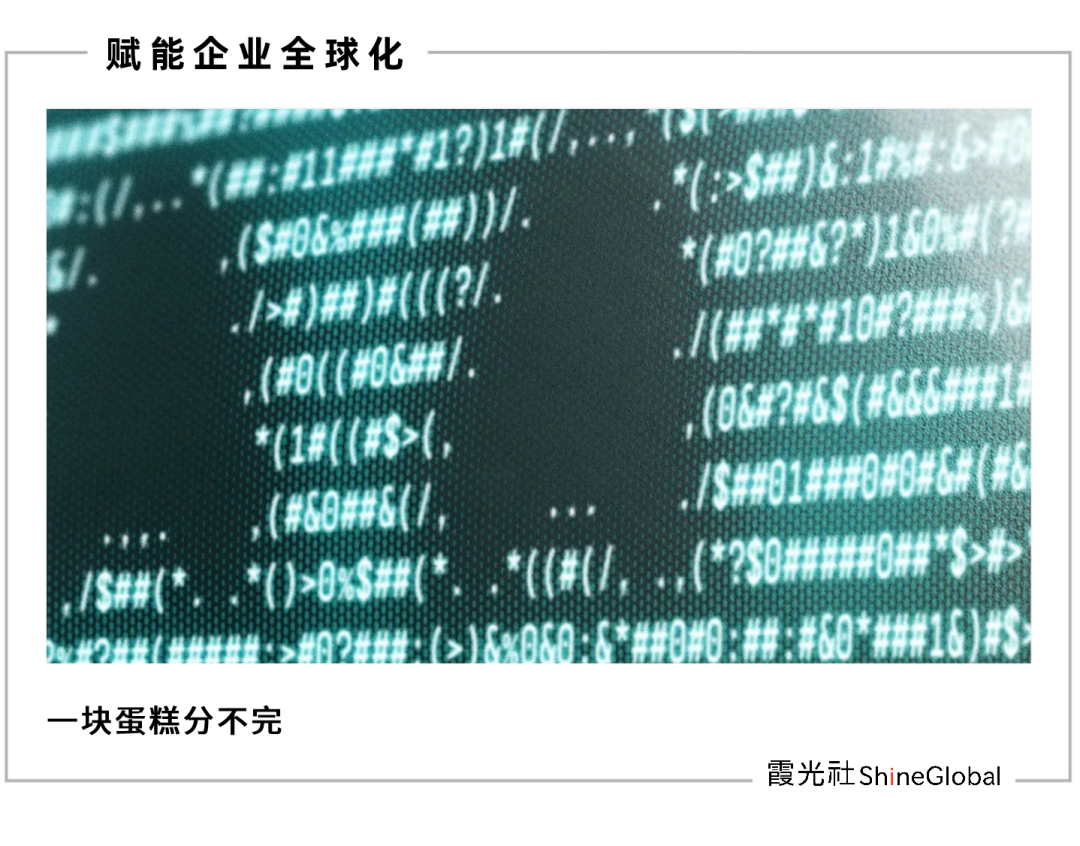
Author | Wu Ta
Editor | Li Xiaotian
"There is no dominant player in the realm of anonymous social apps in North America."
Recently, a co-founder of a social app shared this insight with Xiaguang She.
Anonymous social apps have a rich history in North America.
In 2012, Whisper, an anonymous social app for strangers, was launched and within just two years, its monthly page views soared to nearly 3 billion. The following year, Secret emerged and topped the App Store download charts in eight countries.
These apps cater to the public's desire for free expression. Teenagers use them to discuss sensitive topics such as mental health and gender identity, while adults vent about their workplaces or express political views.

Over the past decade, the sector has witnessed a more precise segmentation.
Some apps rely on geographical location to form small anonymous communities, fostering a sense of belonging through identity and regional connections, which further amplifies the desire for self-expression. Others focus on entertaining interactions, attracting users with lightweight features such as anonymous Q&A, voting, and meme creation. Additionally, mainstream social media and forums often have anonymous subsections, allowing users to engage in social experiments without identity constraints.
However, to date, only a handful of apps have survived beyond three years, with numerous practitioners falling victim to cyberbullying, consumer manipulation, information leakage, and censorship. Advertisers also have concerns about the content environment on anonymous platforms, while mainstream apps heavily rely on monetization methods such as membership subscriptions or virtual gifts. Exploring diversified commercialization paths for anonymous social apps remains equally challenging.
"America needs its own soul." An overseas analyst offered this entrepreneurial advice on social media.

According to the "Digital 2025 July Global Statshot" jointly released by We Are Social and Meltwater, global internet users spend an average of 13 hours and 48 minutes per week on social media and short videos, officially surpassing the time spent on traditional television.
There is no doubt that social media has become the most mainstream communication channel.
Freud believed that repression and catharsis are two fundamental psychological mechanisms of human beings. People need to confide their emotions to others and obtain psychological comfort and reliance from the outside world.
In the reality of lacking offline entertainment and increasing social pressure, anonymous social interaction has become a straightforward and cost-effective way to relieve stress.

Anonymity, a perpetual gray area, can be considered the most extreme and efficient form of social media.
It offers the pleasure of self-expression, the desire for dark expression, and the recognition and dislike of the crowd, fostering the public's overly vivid imagination and demand for anonymous social interaction in a repeated cycle of judgment and indulgence.
According to Xiao Yu, co-founder of HumiHumi, the establishment of anonymous social interaction hinges on two elements: the user's desire to express themselves and a sense of security. "When users have content they wish to express, and they may not want these opinions, views, and perspectives to be linked to their commonly used social image, anonymity becomes a necessary means of social interaction."
In anonymous social spaces, runaway topics often seem to be the norm.
The New York Times once reported that the popular anonymous app Secret turned Silicon Valley into a chaotic "middle school campus," rife with rumors about the tech industry. As more users joined, Secret began to resemble a dark, negative energy platform for attacks and complaints.
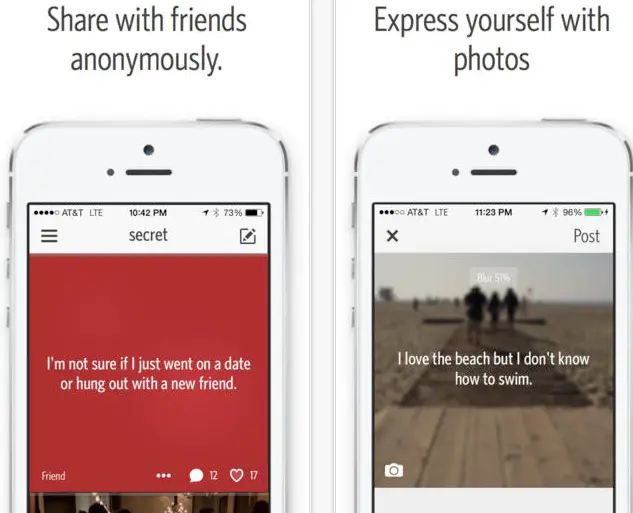
Worse still, in North America, most anonymous social apps target Generation Z teenagers as their core users. They are more receptive to social interaction, have a stronger desire to express themselves, and are more prone to forming clustered emotional and cultural transmission.
However, due to the low self-control of teenagers, collective revelry can easily escalate into group violence. Consequently, almost all anonymous social apps struggle to escape cyberbullying and verbal abuse, filled with content such as pornography, drugs, and secret conversations prohibited on Facebook, Instagram, and X.
At the same time, North American users, who have extremely high privacy requirements, often crave more secure social methods and even adopt end-to-end encrypted communication software like Signal for this purpose.
Even so, information leakage cannot be avoided. In March 2025, chat records of high-ranking Trump administration officials discussing military strikes were leaked to journalists through Signal.
Global DWM (Dark Web Market) monitoring data shows that during February 2025, a total of 140,800 valid intelligence reports were received on the deep web and dark web, of which 4,955 involved high-value transactions in leaked data.
Among them, the United States was undoubtedly the hardest hit, with a total of 634 data breaches.
Just this July, Tea Dating Advice (hereinafter referred to as Tea), a tool specifically for women to avoid "jerk men," was exposed for inadvertently leaking the names, selfies, identification documents, and discussion records on sensitive topics such as abortion and extramarital affairs of thousands of women.
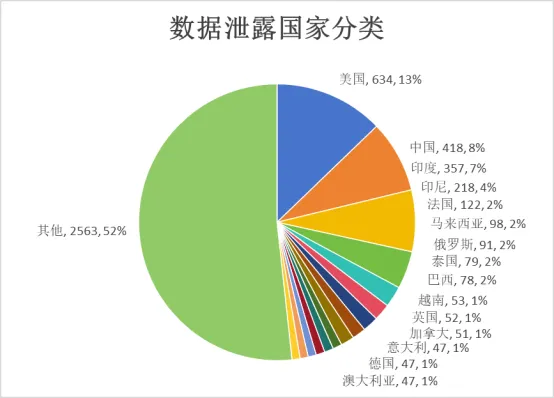
The public yearns for absolute privacy but is trapped by potentially flawed technology. Therefore, anonymity seems to have become a typical compensation for self-protection mechanisms.
It is this intertwined sense of contradiction and excitement that keeps anonymous social interaction in the public eye, coming and going.

Looking back over the past decade, the battle for anonymous social apps in North America has indeed dragged on for too long.
"Anonymity on the internet can turn people into complete jerks. From both a commercial and moral perspective, this product cannot last long."
In 2015, after the collapse of Secret, a popular anonymous social app in North America, Wired commented on it.
Secret experienced a rapid rise and fall.
Launched in January 2014, Secret received $8.6 million in funding from Google Ventures, KPCB, and other investors within just one month. Together with the two rounds of funding before and after, the total funding amounted to $35 million, with a valuation of up to $100 million.
This venture capital darling, which once topped the App Store download charts in eight countries such as Brazil, Sweden, and Mexico, with a peak download volume exceeding 10 million and once causing anxiety for Facebook and Zuckerberg, was a flash in the pan, announcing its closure less than 16 months after its launch, halting the trend of the first wave of anonymous social interaction halfway.
Although David Byttow, CEO of Secret, claimed that the significant reason for closing Secret was the speech violence brought about by its anonymity, and that the app deviated from its entrepreneurial intentions. However, this did not convince the public, especially when he was exposed to have cashed out $3 million when the company received $25 million in Series B funding and used the money to buy a red Ferrari.
Secret is not an isolated case. A decade later, looking back at the development of anonymous social apps in North America, this sentence from Wired has almost become a chronicle of the region's anonymous social apps.
At the time of Secret's shutdown, its old rival Whisper had already taken an early step in "protection" by deliberately selecting positive energy confessions to guide users and hiring a large team in the Philippines to manually screen pornographic, violent, and offensive content. They even developed an "arbitrator" system to automatically delete posts that violate their rules. However, in 2017, still struggling with profitability, the company laid off 20% of its staff.
YikYak, developed by high school students and screening information based on geographical location, quickly spread on campuses due to its anonymous and localized gossip, reaching a valuation of $400 million at its peak and ranking higher than Facebook and X on the App Store. However, due to the large amount of malicious content and even terrorist threats that breed in the immediate environment, security risks and profit models became the sword of Damocles hanging over the app, which officially fell in 2017.
With the top players falling one after another, entrepreneurs had to change direction and flock to a seemingly long-term path—relying on a powerful backer.
At that time, TikTok was caught up in acquisition rumors, and Snapchat, which already had nearly 200 million users, saw a surge in downloads. So it naturally became that powerful backer.
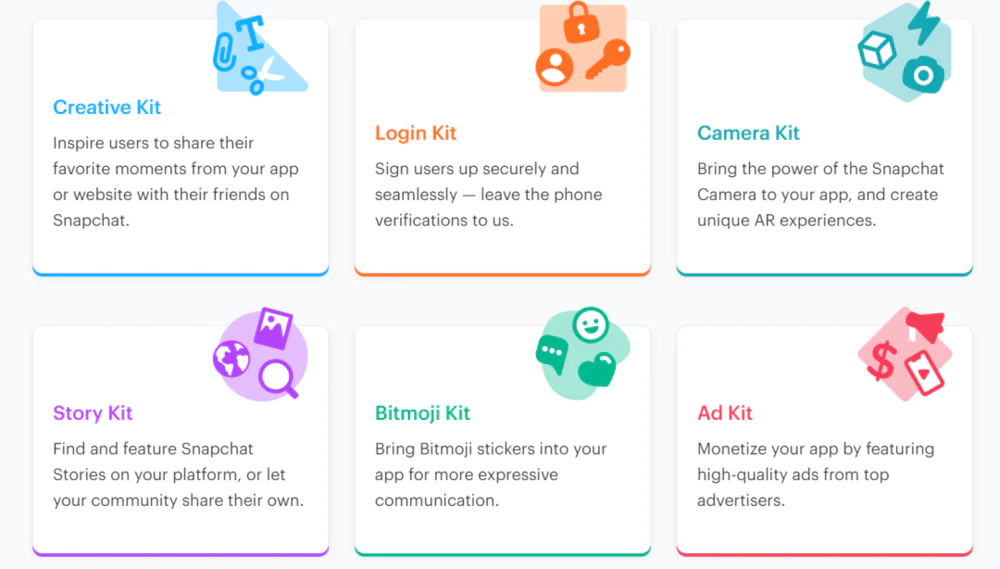
Projects included in Snapkit
At the end of 2017, an app called Sarahah suddenly gained popularity. In simple terms, it is an anonymous box with an interface. By attaching a link to a Snapchat story, users can connect to their Sarahah profile and anonymously ask questions to specified users.
A year later, YOLO, an anonymous question box that can be logged in using a Snapchat account, was launched and topped the social software charts in the United States, the United Kingdom, Australia, and other countries within a week, with a single-day download volume of up to 120,000 in the United States. Nine months after its launch, YOLO's 10 million active users became the backbone of its $8 million in financing.
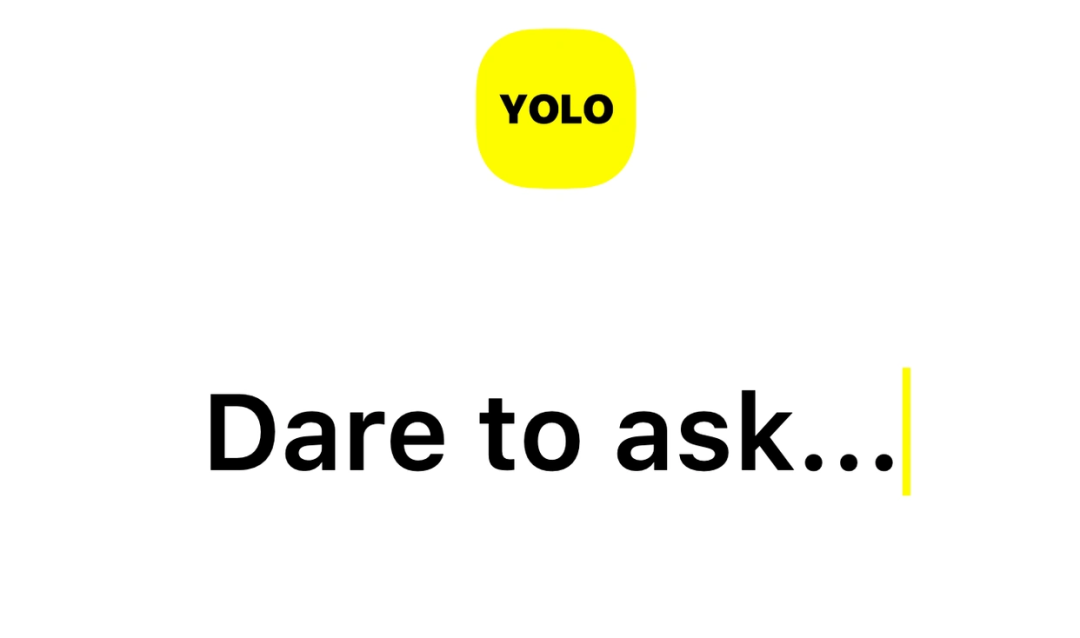
LMK, which also grew under the "big tree," focused on the voice social sector. Driven by strong emotional social needs during the pandemic, its monthly active user base grew by 208% in 2020.
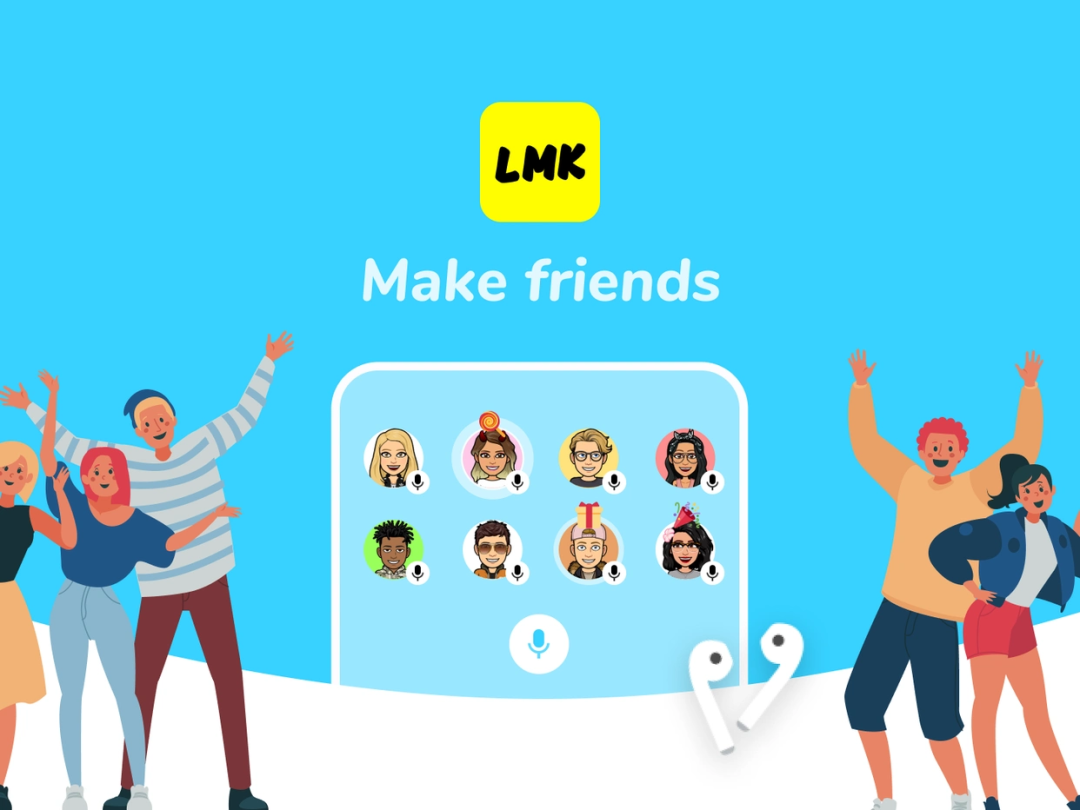
However, the good times did not last long. In early 2018, Sarahah was removed from app stores for promoting bullying behavior.
In 2021, due to malicious incidents caused by anonymous social interaction, Snap, the parent company of Snapchat, announced that it would improve the Snap Kit API service and prohibit the development of anonymous social apps. It also restricted the age of users of Snap Kit-related dating apps to 18 and above, requiring developers of already launched dating apps to complete product rectifications within 30 days in accordance with the new policies.
As a result, the fate of these third-party apps was "clearly priced," and the ports of YOLO and LMK were also subsequently shut down.
In 2022, Gas, an app aimed at high school students and featuring "anonymous praise," quickly gained popularity, reaching 500,000 downloads in just half a month. In early 2023, Gas was acquired by Discord, which ranked 23rd on the 2023 Global Unicorn Index, seemingly with a promising future. However, less than nine months after the acquisition, Discord decided to shut down Gas due to rapid user churn.
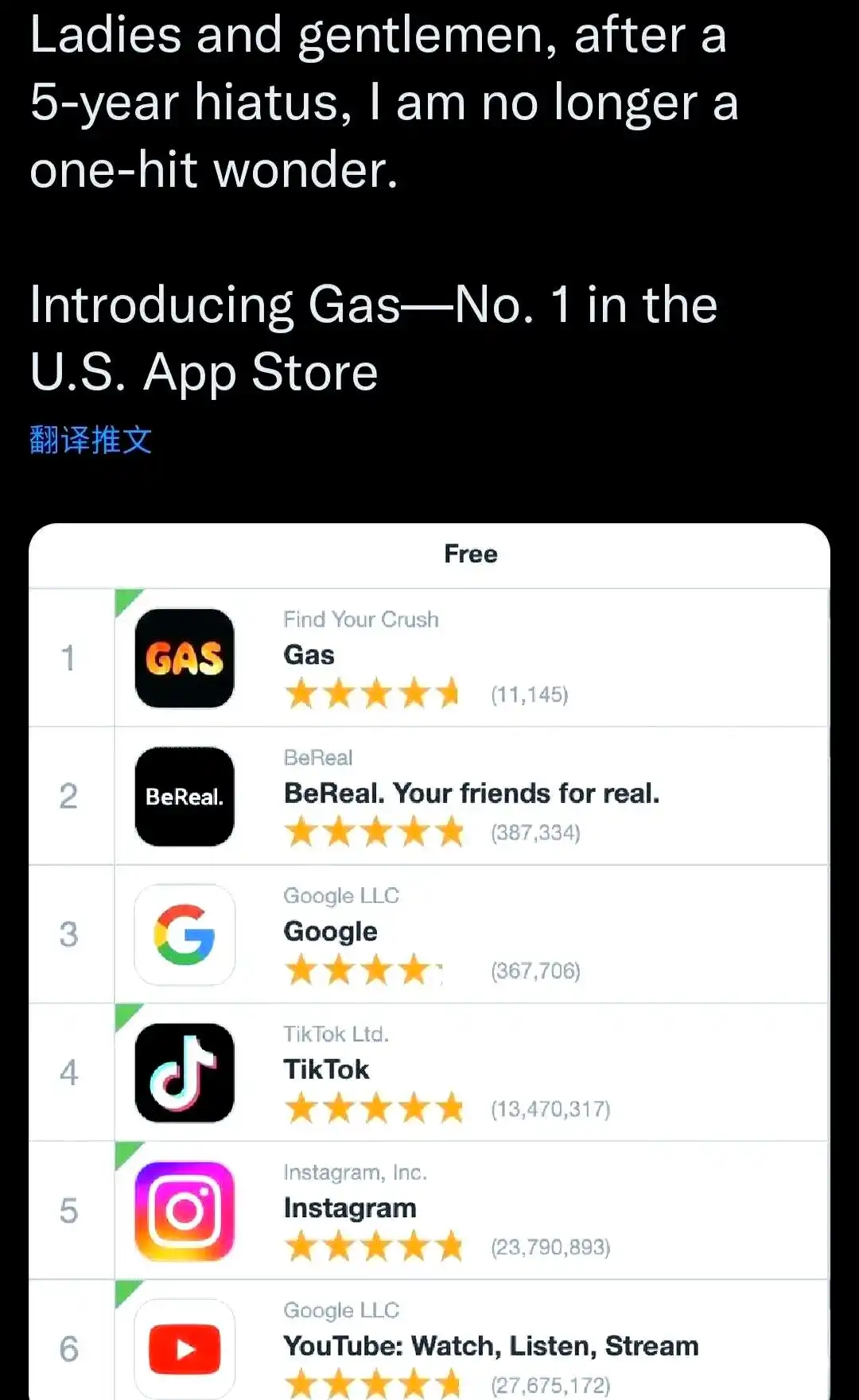
A healthy ecosystem cannot retain users, while a flawed ecosystem is difficult to control. Anonymous social apps are forced to continuously iterate and replace each other, which is both a testament to the industry's need for change and proof that anonymous social interaction still has a market and attractiveness. How to escape the "short-lived" fate remains the ultimate topic of anonymous social interaction.

Analyzing mature apps in Asia, the operating logic of anonymous social interaction often involves forming media dependence under emotional manipulation, thereby encouraging continuous use and payment.
In Xiao Yu's view, the core resource of strong social and topical anonymous social apps may lie in the users themselves. After accumulating users, those who continuously generate topics and content for social interaction become an important factor for subsequent new users to measure whether to join.
This may indicate that maintaining user quality and habits remains the core of commercialization.
However, from the perspective of those rare successful entrepreneurs in North America, user stickiness does not seem to be the most important consideration.
When most competitors that grew alongside Snapchat have faded into history, Not Gonna Lie (hereinafter referred to as "NGL"), which relies on Instagram, has become a rare survivor and can even be considered an evergreen.
According to DianDian Data, from 2023 to 2024, NGL's global monthly active users stabilized at around 25 million, with over 200 million downloads and total revenue exceeding $40 million.
On NGL, users can simply log in by entering their Instagram username. The app generates a unique link and a screenshot for sharing, which users can post on Instagram to create their own anonymous Q&A entry. However, the value-added paid service breaks this "half-hidden" form of acquaintance socializing, allowing users to see the identities behind the reviews.
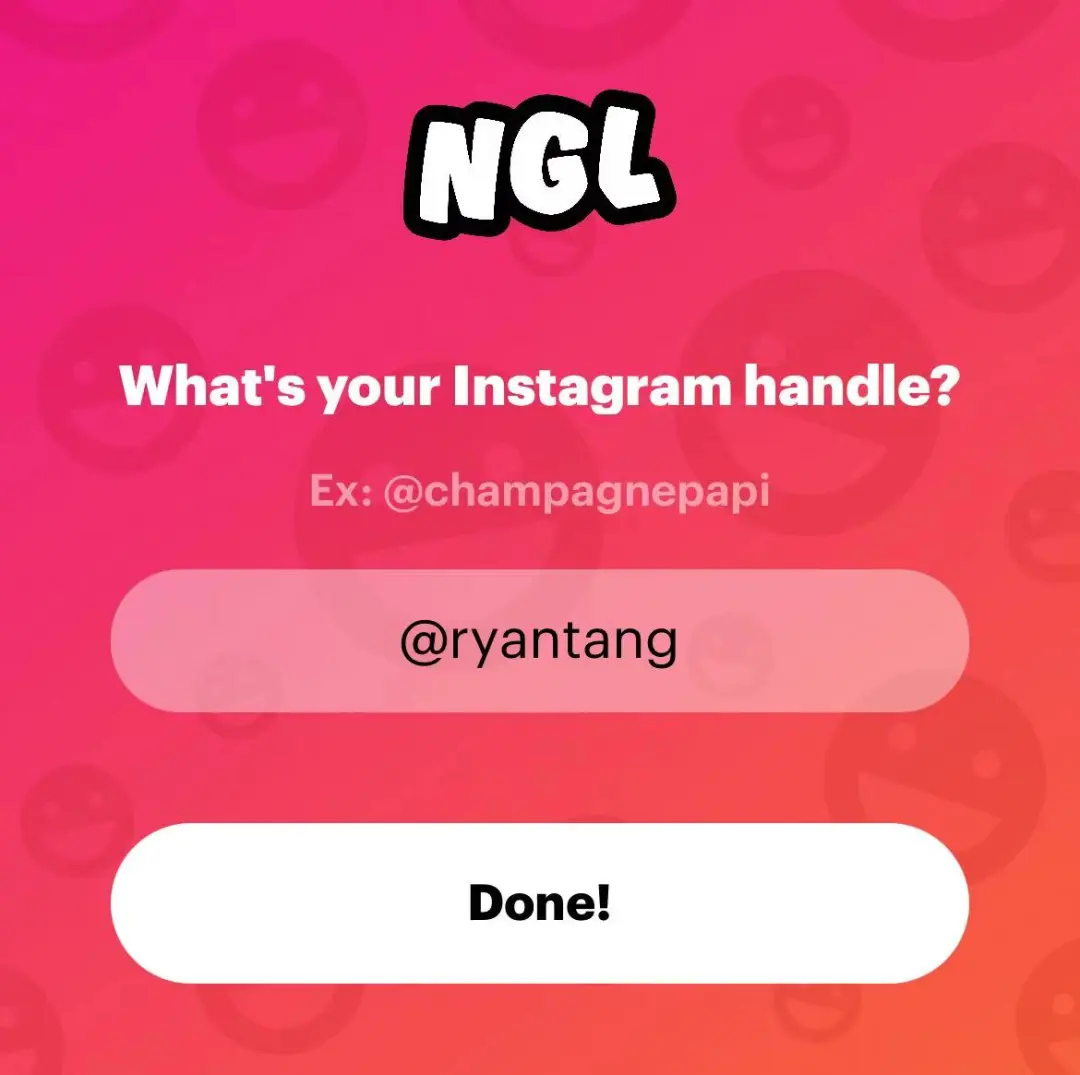
NGL's founder, Hunter, once remarked that the team isn't overly concerned with the product's retention data. "Even if users churn on the first day, it's not an issue because NGL has already gained something, whether users share the product publicly or opt to pay for it."
This suggests that NGL continues to target users' impulsive spending, hormones, and curiosity. North American teenagers, despite having minimal strong national pride or ethnic awareness, possess a profound passion for identity recognition and sharing their opinions.
Despite seemingly lacking retention awareness, this platform, which boasts functionality far surpassing its social aspects, has emerged as the most likely anonymous social app in North America to challenge the industry giants. Behind this rise lies the resurgence of anonymous social habits in North America and globally, along with the immense potential of short-term consumption.
From a commercialization standpoint, Hunter has astutely identified the scalable range of impulsive spending, maximizing monetization potential. He tiers the global market based on spending power, analyzes small-scale consumption prices across different levels, and establishes boundaries conducive to impulsive spending.
For instance, NGL's lowest weekly subscription price is 29,000 Indonesian rupiahs in Indonesia and $6.99 in the United States, equivalent to RMB 13.34 and RMB 51.03, respectively. However, NGL also encounters challenges such as complaints and trials, leading it to forgo mainstream social media advertising and operate in a highly understated manner.
An undeniable fact is that the market for anonymous socializing remains disorganized.
Yet, chaos also signifies opportunity.
Apps like Monkey, Whisper, and Ditty still enjoy a certain following among American teenagers, alongside NGL. In 2021, the once-popular YikYak made a comeback, introducing user ID binding restrictions to mitigate complete anonymity, aiming to secure a slice of the pie.
For these platforms, finding a new equilibrium between technology, community autonomy, and compliance is crucial, balancing the dilemma between "excessive censorship" and "laissez-faire".
Another approach could be focusing the audience on a more "precise and safe" group.
While the 16-24 age group is indeed one of the most active social groups with a strong willingness to pay, according to a Pew Research Center report, nearly half of the teenage respondents admitted to spending too much time on social media, with 44% reducing their usage on social media and mobile phones.
Moreover, the protection and education of minors remain unresolved contradictions for platforms and users. Perhaps anonymous socializing can adopt a more detailed segmentation and protection model.
It's worth noting that the rapid development of AI technology may also impact or support anonymous socializing to some extent. Meta's research reveals that AI is swiftly evolving from a behind-the-scenes productivity tool to a direct user-facing tool and partner. AI-based social media and content applications are emerging as a thriving new sector. On one hand, AI companionship products can offer a venting outlet, interactive companionship, and emotional value. On the other hand, AI technology can enhance authentication, review mechanisms, and identity protection systems, even enriching social gameplay.
Undoubtedly, before a true giant emerges in North America, neither market chaos, the "curse of short life," nor technological shocks can deter the anonymous socializing market, worth billions of dollars, from continuously attracting new players.







